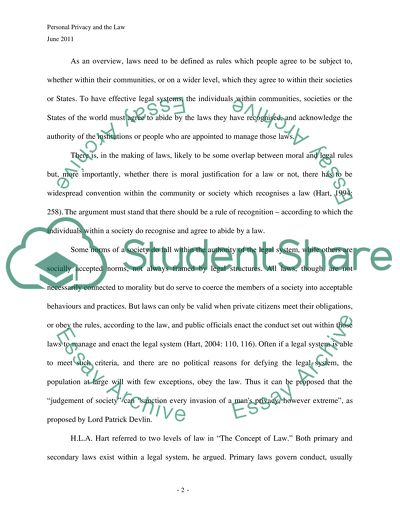Cite this document
(“Do you agree with the Statement from Lord Patrick Devlin Essay”, n.d.)
Retrieved from https://studentshare.org/law/1425662-do-you-agree-with-the-statement-from-lord-patrick-devlin
Retrieved from https://studentshare.org/law/1425662-do-you-agree-with-the-statement-from-lord-patrick-devlin
(Do You Agree With the Statement from Lord Patrick Devlin Essay)
https://studentshare.org/law/1425662-do-you-agree-with-the-statement-from-lord-patrick-devlin.
https://studentshare.org/law/1425662-do-you-agree-with-the-statement-from-lord-patrick-devlin.
“Do You Agree With the Statement from Lord Patrick Devlin Essay”, n.d. https://studentshare.org/law/1425662-do-you-agree-with-the-statement-from-lord-patrick-devlin.


